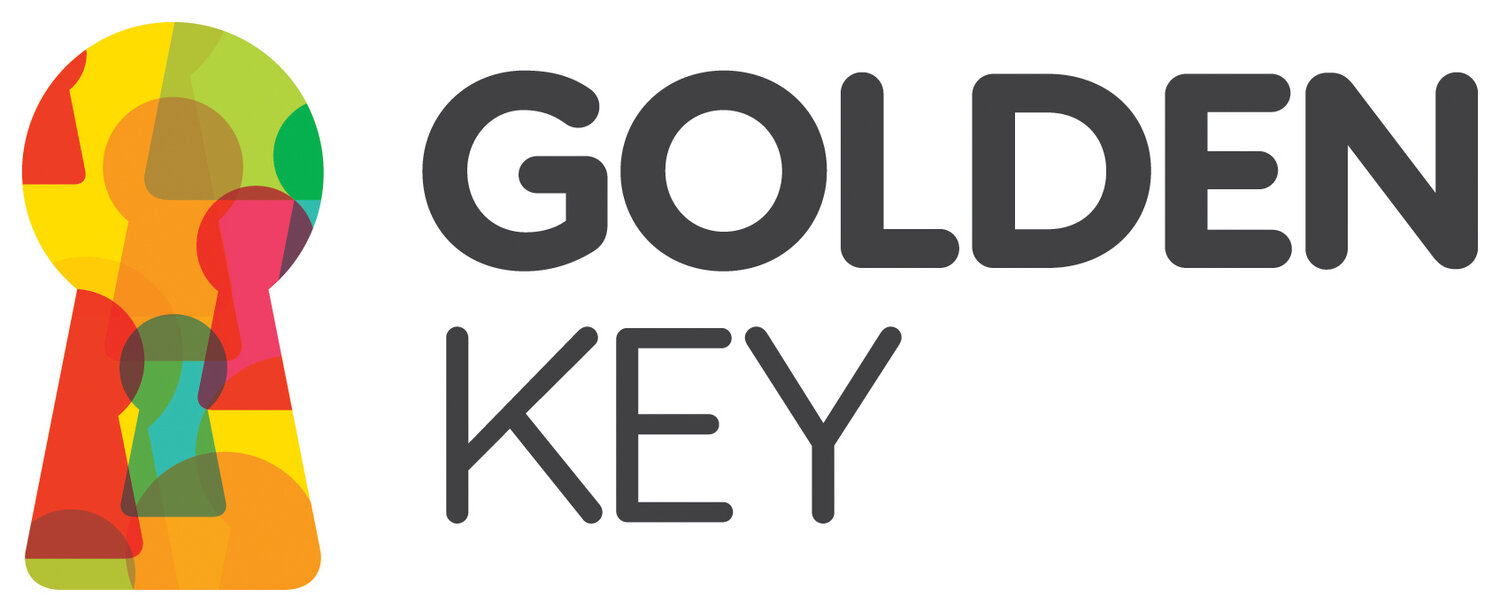Visual representation matters
Jason, a member of Independent Futures, talks about the importance of visual representation in the media and the world around us.
It has been tricky to write this piece because when I think of visual representation, I do so through my own colour perceptions.
When I discuss visual representation or rather lack of it with my partner, she sees the same problems as me, but through her own eyes, which gives her a different perspective.
After 20 years of living together with a son of dual heritage (me,a ward of state and her, privileged and white) has given us both different outlooks again.
As I am the one writing this blog, I know it will mainly be my own views of the importance of visual representation that will come through, but I want their voices and that of our black communities to come through too.
Growing up confused about whether I was black, white or mixed race affected my role model choices whose skin colour ranges were seen through my eyes as a child.
I went through the education system not being able to describe my feelings or knowing where I should plant my flag. I knew that things were different because of my personal experiences of being surrounded by people who questioned my acceptance into any groups where I was a minority.
Differences were highlighted by friends, strangers, and peers, and led me to make many bad decisions with unforeseen consequences simply because I wanted to fit in.
I find it difficult to impart the importance of visual representations to an audience of white people who don't have to question why they are not represented, in an intellectual and emphatic way that they will understand.
Turning these feelings and thoughts through either simple human compassion, or hard data into actionable steps, is a difficult and slow process and raises questions like: "whose responsibility is it anyway?"
I grew up with all sorts of TV and movies, from Steptoe and Son - very funny but racist in its depiction of blacks and immigrants - through to the present day and the amazing Chadwick Boseman in Black Panther. Actually seeing people from diverse backgrounds, as well as factual truths, are much needed to dispel the ignorance that still prevails around the importance of visual representation and inclusion in all walks of life, from CEOs to movie stars.
When I discussed this issue with my family we all agreed that visual representation at all levels is too important not push for it, and commented on the fact that particular ethnic minorities are over represented in low paid jobs - just look at the health and social care system.
Building upwards has not seemed to have worked so far and it feels like a way of maintaining the status quo while ‘pretending’ that action is being taken.
When I think of my son, I know that aspirations and having access to racial diverse role models is extremely important. I want him to see people that look like him and who he identifies with doing well. He has as much right and capability to be whatever he wants to be, and not seeing himself represented in powerful or well paid jobs means he is already disadvantaged.
I understand that Equality, Diversity and Inclusion (EDI) and visual representation will take time, but I refuse to acknowledge it is a slow process. I want to shout that it is too slow and this is not okay. Racial inequality has been talked about for too long - well before the civil rights movement and that was 60 years ago! How can I look at my son and say that he too will have to wait? Can you?
